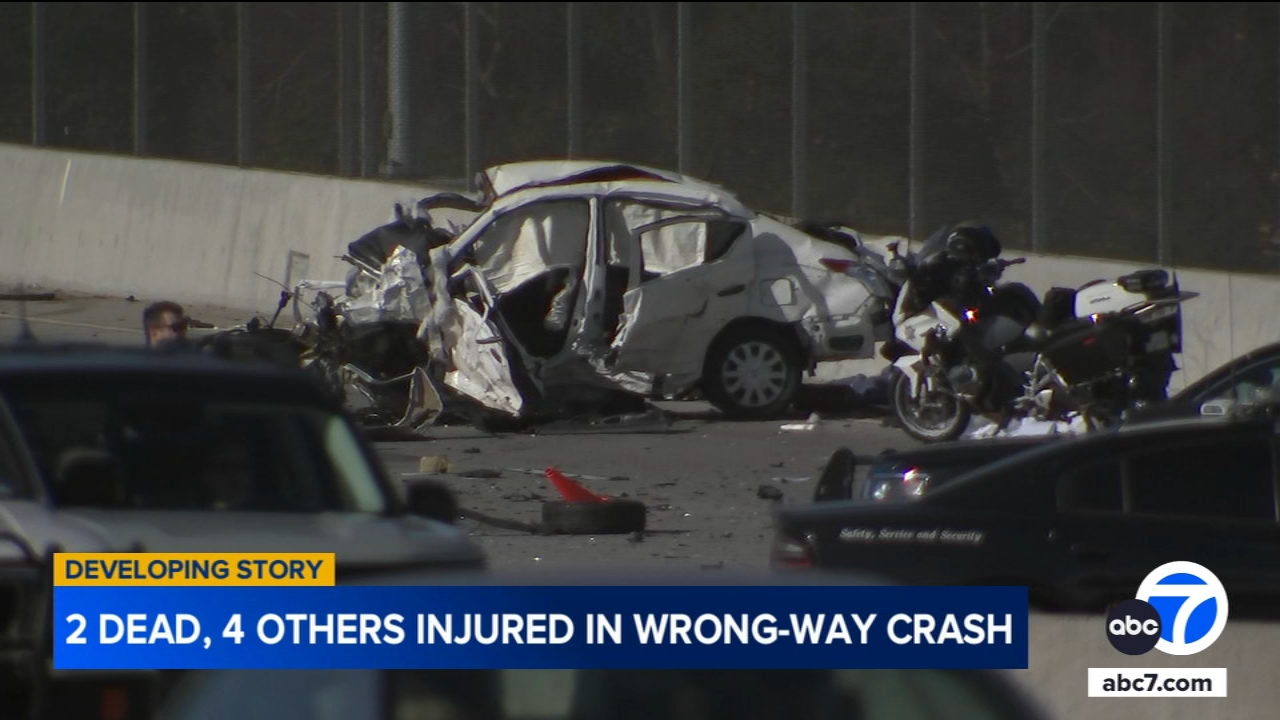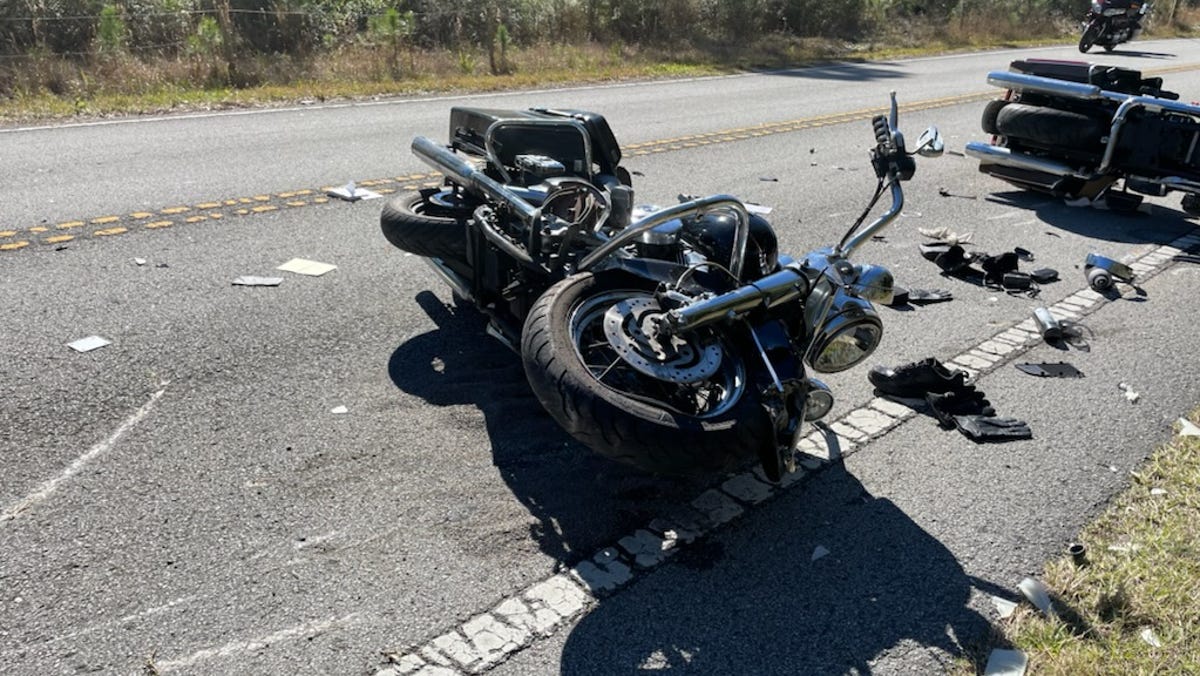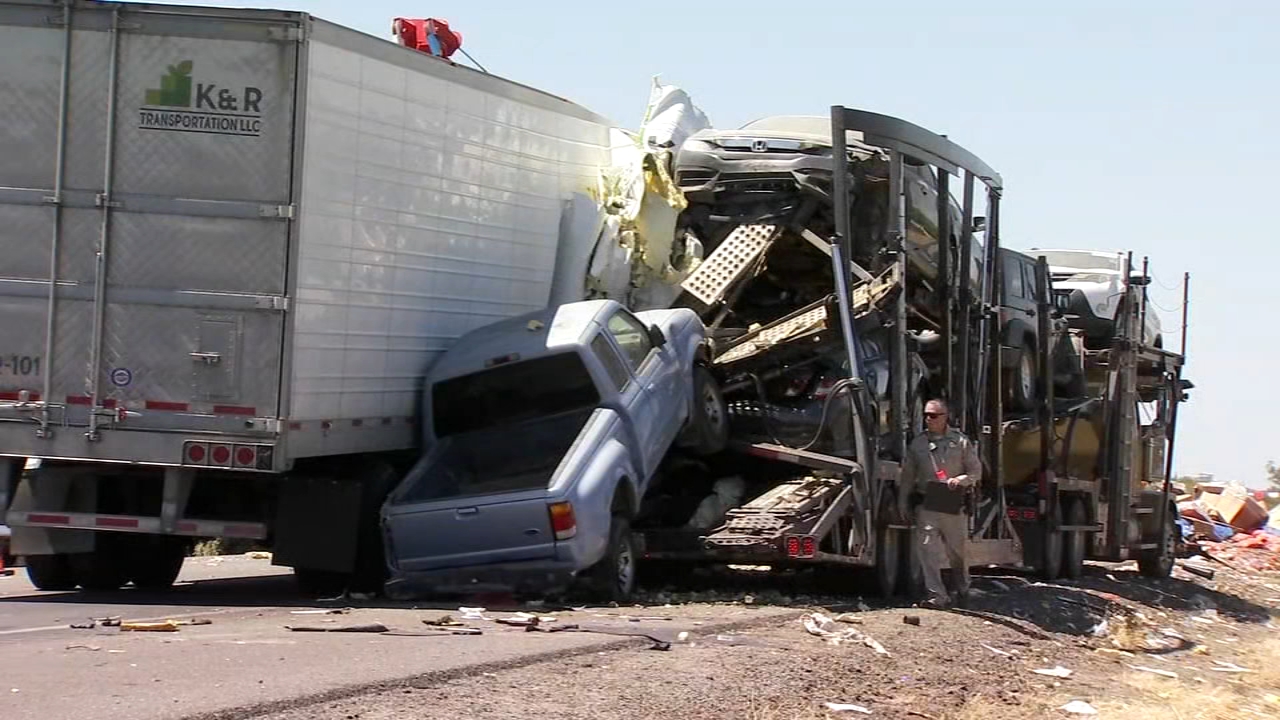- 5. Contact Your Insurance Provider
- 2. Dealing with Multiple Insurance Companies
- 4. Handling the Legal Process and Deadlines
Getting into a car accident is stressful. But when the accident happens while you’re traveling out of state, it becomes even more overwhelming. You have to deal with not only physical injuries, medical bills, and emotional distress but also with the complexity of dealing with different state laws, insurance systems, and jurisdictions. Whether you were on vacation, a business trip, or just passing through, navigating the process of filing a claim while you’re out of state can quickly become confusing.
If you find yourself in this situation, it’s important to understand that you don’t have to face it alone. At 770GoodLaw, our team of experienced car accident lawyers is here to help guide you through every step of the claim process and ensure that you receive the compensation you deserve.
In this article, we’ll explain everything you need to know about filing a car accident injury claim while traveling out of state, from the initial steps to take after the accident to how an experienced lawyer can help you maximize your claim.
What You Need to Know About Out-of-State Car Accident Claims
When you’re involved in a car accident while traveling out of state, you might feel unsure about how to move forward. Several factors come into play, including state-specific laws, insurance policies, and your own insurance coverage. Let’s break down the key points.
State Laws Vary by Location
Each state in the U.S. has its own rules and regulations regarding car accidents, liability, insurance, and personal injury claims. Understanding these differences is crucial because the state where the accident occurred will typically have jurisdiction over your claim. This means the laws of the state where the accident happened will govern the proceedings, even if you’re from another state.
For example, some states follow a no-fault insurance system, while others operate under a fault system. In a no-fault state, your own insurance will typically cover your medical expenses and lost wages, no matter who caused the accident. However, in a fault state, the at-fault driver’s insurance is responsible for covering the costs of your injuries, property damage, and other losses.
The main takeaway is that when an accident occurs out of state, it’s important to be aware of which type of insurance system applies in that state. Knowing whether the state you’re in follows a no-fault or fault system will affect how your claim is handled and who you’ll need to file the claim with.
Your Insurance Coverage and Rental Cars
Another important consideration is how your personal insurance applies when you’re driving out of state. Fortunately, most personal auto insurance policies provide coverage for out-of-state accidents, but there are nuances to be aware of. Your own insurance may cover you regardless of where the accident takes place, but it’s important to check with your insurer to confirm that you’re fully covered in another state.
If you’re renting a car, this situation becomes a bit more complicated. Many car rental companies offer insurance coverage, but you may already be covered under your personal auto insurance policy or through a credit card that offers rental car coverage. Review your personal coverage before renting a car, and if you’re unsure, don’t hesitate to ask your insurer about what’s covered.
If you’re traveling for work or personal reasons, understanding your coverage is essential before hitting the road, especially in case of an accident.
Jurisdiction and Venue of Your Claim
Jurisdiction refers to which court has the authority to hear your case. When you’re involved in an out-of-state car accident, the state where the accident occurred typically has jurisdiction over your case. If you need to file a lawsuit or take legal action, the case will likely need to be heard in the state where the accident took place.
This becomes important when you’re dealing with out-of-state lawsuits. The local court in the state where the accident occurred will decide your case, so you’ll need to be familiar with the procedures and legal deadlines of that state. Additionally, the statute of limitations (the amount of time you have to file a claim) varies by state. It’s essential to understand the specific deadlines for filing in the state where the accident took place, as missing them could result in losing the right to pursue compensation.
What to Do Immediately After the Accident
If you’ve been in a car accident while traveling out of state, the immediate steps you take will have a significant impact on your ability to file a successful claim. The more thorough your documentation of the accident, the stronger your case will be. Here’s a step-by-step guide to what you should do immediately after the accident.
1. Call the Police and File a Report
One of the first things you should do after a car accident, whether you’re at home or out of state, is to call the police. In some cases, the police may not come to the scene if the accident is minor or there are no injuries, but you should always make sure that an official report is created.
The police report is crucial because it documents important details about the accident, such as the time, location, and parties involved. It may also contain information about who was at fault, which is vital when filing an insurance claim. Be sure to get a copy of the police report or the report number for your records.
2. Exchange Information with the Other Driver
Just like at home, you should exchange contact, driver’s license, and insurance information with the other driver(s) involved in the accident. Make sure you get the following:
- Full name, address, and phone number
- Driver’s license number and state
- Vehicle registration number
- Insurance information (company, policy number, etc.)
- Names and contact information of any witnesses to the accident
If the other driver is uncooperative or refuses to give their information, make note of the vehicle make, model, color, and license plate number. This information can be helpful for the police report and your claim.
3. Take Photos of the Scene
Photos are essential when documenting the accident. Take clear pictures of your vehicle, the other vehicle, the accident scene, any visible damages, and any other relevant details, such as road signs, road conditions, or weather conditions at the time of the accident. If there are skid marks, debris, or anything else that could help explain the cause of the accident, photograph it as well.
4. Seek Medical Attention Immediately
Even if you feel fine, it’s important to get checked out by a medical professional as soon as possible. Many injuries, especially soft tissue injuries like whiplash, may not show symptoms until hours or days later. Seeking medical treatment immediately after the accident ensures that you have a record of your injuries, which will be critical when filing your claim.
5. Contact Your Insurance Provider
Once you’ve taken the appropriate steps to document the accident, you should contact your insurance company. Notify them of the accident as soon as possible, even if you’re out of state. Be prepared to provide them with all of the information you collected at the scene, including the police report, witness statements, and photos. Be honest with your insurer, but avoid giving any recorded statements until you consult with an attorney. Insurance adjusters may use your statement against you, and having an attorney on your side can protect your interests.
How a Personal Injury Lawyer Can Help You File a Claim for Out-of-State Car Accident Injuries
Navigating the process of filing a car accident claim while out of state can be complex, but a personal injury lawyer can make the process much smoother. Here’s how an experienced attorney can help you.
1. Navigating State-Specific Laws
A lawyer who is experienced in handling out-of-state car accident claims will be familiar with the specific laws in the state where the accident occurred. For example, some states have no-fault insurance systems, while others use a fault-based system. If you are unfamiliar with how the system works in the state where the accident occurred, an attorney can explain the differences and guide you through the process.
Additionally, some states have comparative negligence laws, meaning that if you were partially at fault for the accident, your compensation may be reduced based on the percentage of fault assigned to you. An attorney can help you understand how these laws apply to your case and protect your rights.
2. Dealing with Multiple Insurance Companies
If you’re involved in an accident out of state, more than one insurance company could be involved. This can create confusion, especially if the other driver’s insurance is from another state, or if you’re renting a car and need to file a claim with the rental company’s insurance. A skilled attorney can handle communications with all the insurance companies involved, ensuring that you receive the compensation you’re entitled to.
3. Maximizing Your Compensation
Insurance companies are often more concerned with protecting their bottom line than with fully compensating you for your injuries. That’s where a lawyer can help. A personal injury attorney will fight to maximize the compensation you receive, ensuring that your medical bills, lost wages, pain and suffering, and any other damages are properly accounted for.
4. Handling the Legal Process and Deadlines
Every state has different laws and deadlines for filing claims. A lawyer will ensure that you meet all the filing requirements and deadlines, so you don’t risk losing your right to compensation. They will also guide you through the steps of filing a claim, gathering evidence, and negotiating a fair settlement with the insurance companies.
5. Peace of Mind
Filing a car accident claim while out of state can be overwhelming, especially if you’re injured. By hiring a personal injury lawyer, you get the peace of mind of knowing that an experienced advocate is handling all the legal complexities while you focus on your recovery.
How 770GoodLaw Can Help with Your Out-of-State Car Accident Claim
Dealing with a car accident injury while traveling out of state doesn’t have to be a nightmare. With the help of 770GoodLaw, you can navigate the complex legal and insurance systems and ensure that you get the compensation you deserve.
Our experienced team of car accident lawyers is committed to providing you with the guidance and support you need during this difficult time. Whether you’re facing complex legal issues, dealing with multiple insurance companies, or trying to navigate unfamiliar laws, we’re here to help you every step of the way.
If you’ve been involved in a car accident while traveling out of state, don’t hesitate to contact 770GoodLaw. We offer a FREE consultation, and our team is here to help you recover the compensation you deserve.









